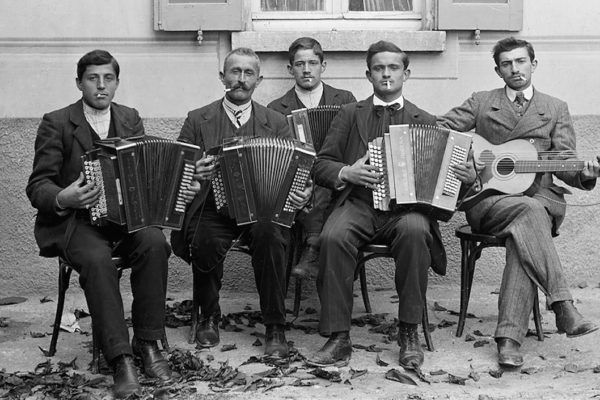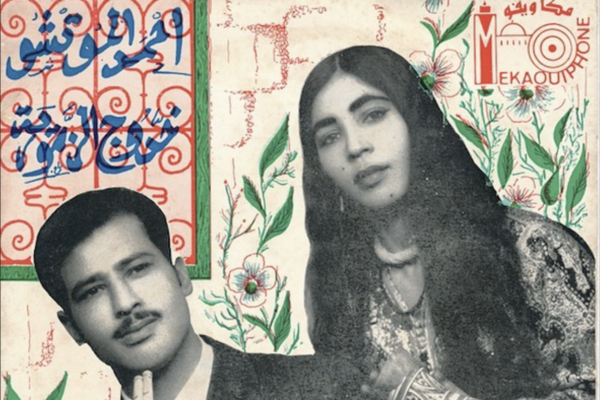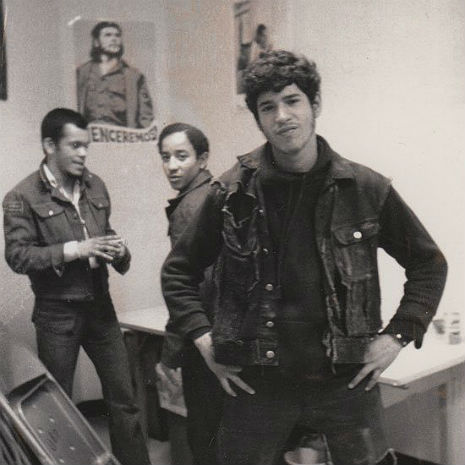
The Beatles from the Bronx…
A Puerto Rican street gang turned community peacekeepers and rock’n’roll band, the Ghetto Brothers recorded their one and only album in 1972. When the streets of the Bronx, New York were plagued by 14 year-old warlords, drugs and prostitution, one unlikely group of teenagers created a unique sound that captured the revolutionary spirit of the era and inspired change amidst their dissolute surroundings. Forty years after it was recorded, the “lost” record, Power Fuerza, is finally being discovered by the music world. Hollywood couldn’t make this stuff up …
Pictured: (above) Benjy Melendez (below): The Ghetto Brothers album cover.
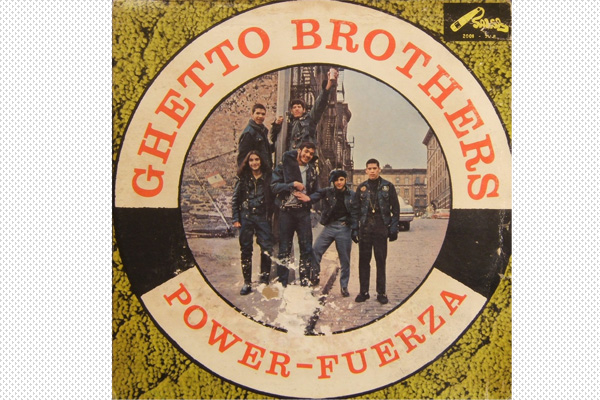
Three brothers, Benjy, Victor and Robert Melendez were among the founding members of the Ghetto Brothers, a gang that started out like many others of the South Bronx; fighting over territory lines for control of various illegal trades. But the Melendez brothers had something special about them, whether it was simply having higher hopes for themselves or a gift for creating music that could touch people.
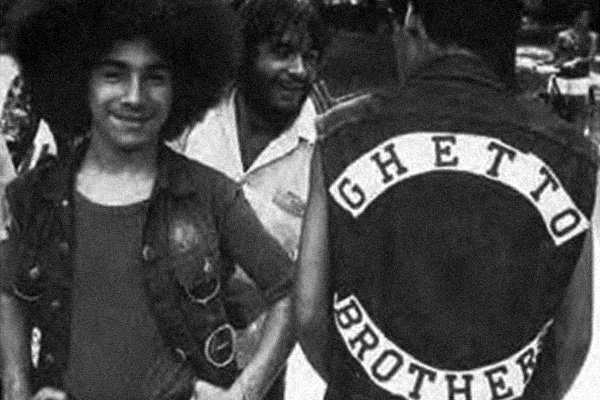
While the 1960s was giving way to the rise of gang culture in the Bronx, there were the Melendez brothers, playing Beatles pop songs on street corners in a tribute band they called “Los Junior Beatles”. It was such an unexpected sound for the battlegrounds of the Bronx, but they quickly gained a faithful and enthusiastic fan base.
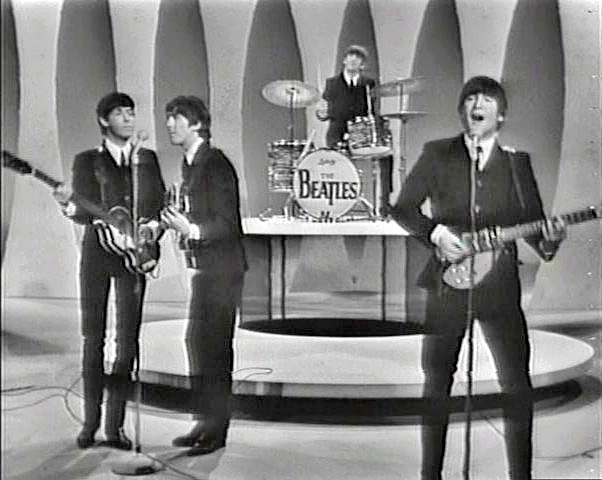
The impressionable young men later began paying attention to rising urban activist groups such as the Black Panthers and Puerto Rican nationalist group, the Young Lords. The songs they wrote became more socially conscious, as did their gang. Empowered by the revolutionary spirit, the Ghetto Brothers became a positive organisation that cleaned up their streets, pushed out the drugs and prostitution, boosted morale and kept the community safe. “Los Junior Beatles” officially took the name “Ghetto Brothers” and played frequently at community events.
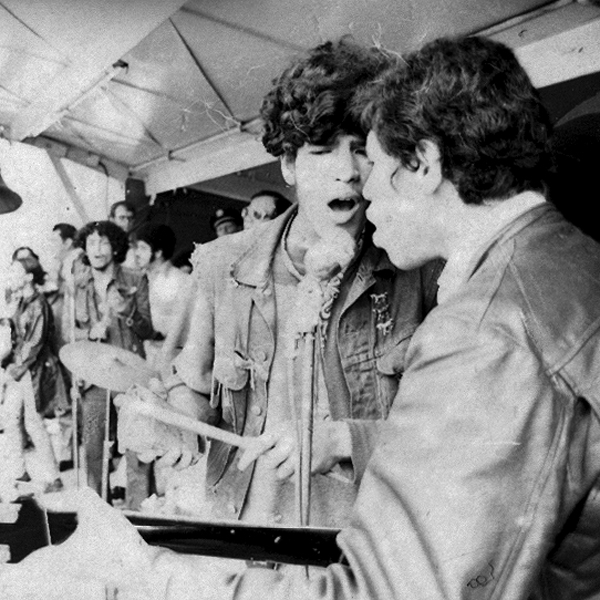
The Power Fuerza album was informally released in the New York area by a local record store and record label that had invited the Ghetto Brothers to put their music on tape, but it was never properly promoted or distributed (not even all the band members owned a copy of the record). While the album never gained any recognition outside of New York, with the locals and Bronx natives in particular, Power Fuerza was a hit. A unique musical celebration of Beatles-influenced garage pop harmonies, traditional Latin percussion, heavy Santana-esque rock rhythms and Motown flavour connected with the people and brought them together– black, white, Latino, even rival gangs.
[youtube http://www.youtube.com/watch?v=HRxakq9dJXE#at=68]
Bringing you back in time to a 1960s summer night in New York City, the record’s potent sound and flavour make you hungry for the Ghetto Brothers’ story.
“We were doing rock n’ roll but we added a little soul for our black brothers, Latin for those who like Latin, rock n’ roll for those who like rock n’ roll,” Benjy Melendez remembers.
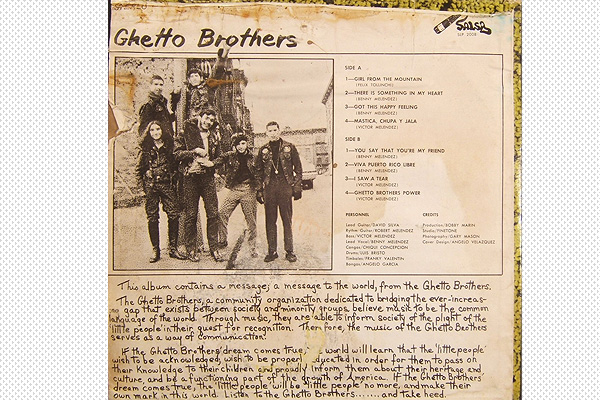
On the back cover of Power Fuerza, it reads:
“If the Ghetto Brothers’ dream comes true, the world will learn that the ‘little people’ wish to be acknowledged, wish to be properly educated in order for them to pass on their knowledge to their children, and proudly inform them about their heritage and culture, and be a functioning part of the dream of America. If the Ghetto Brothers’ dream comes true, the ‘little people’ will be ‘little people’ no more, and make their own mark in this world. Listen to the Ghetto Brothers… and take heed.”
The Melendez brothers were also Sephardic Jews that practiced their religion in secret while being part of a Hispanic community.
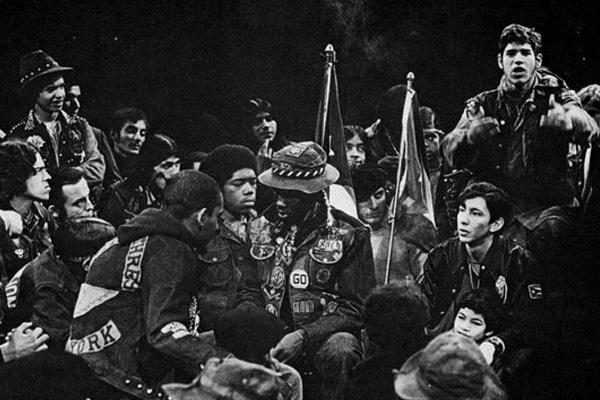
Before the release of the album, one of the members of Ghetto Brothers gang was murdered trying to prevent a fight between two rival gangs. Instead of retaliating, Benjy Melendez, lead guitarist in the band, organised a peace meeting which resulted in a historic truce among the Bronx and Harlem gangs.
Also under Melendez, the Ghetto Brothers set a new tone for the treatment of female gang members. Whereas most women involved with gangs were treated as sexual property, the Ghetto Sisters were equal organisation members.
But as years passed, promises were broken and peace agreements forgotten, along with the legacy of the Ghetto Brothers music.
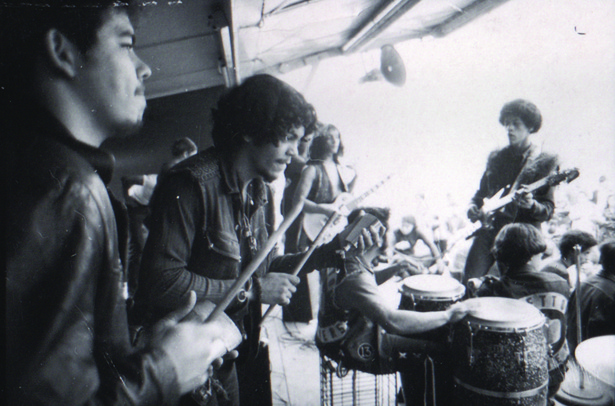
While the original Ghetto Brothers rock group disbanded years ago, the Melendez brothers Benjy and Robert (Victor died in 1995), still jam with their sons at a studio every Friday.
So rare was the Ghetto Brothers sole record, that it became a collectors item worth thousands of dollars if found. In November of last year, on the 40th anniversary of its recording, Power Fuerza was re-issued by Truth & Soul records for the first time since its bungled release, in digital and CD format (the CD includes an 80-page book with a detailed account of the history of the Ghetto Brothers and the making of Power Fuerza with never-before seen photos).
The consensus from the music world today is that this record is an overlooked masterpiece that stands with the best of American music from the late sixties and early seventies; possibly the greatest “lost” album of all time.
Want more? Check out this documentary with “Yellow” Benjy Melendez.
Searching for a new Sugarman? Sample the Ghetto Brothers album here.






